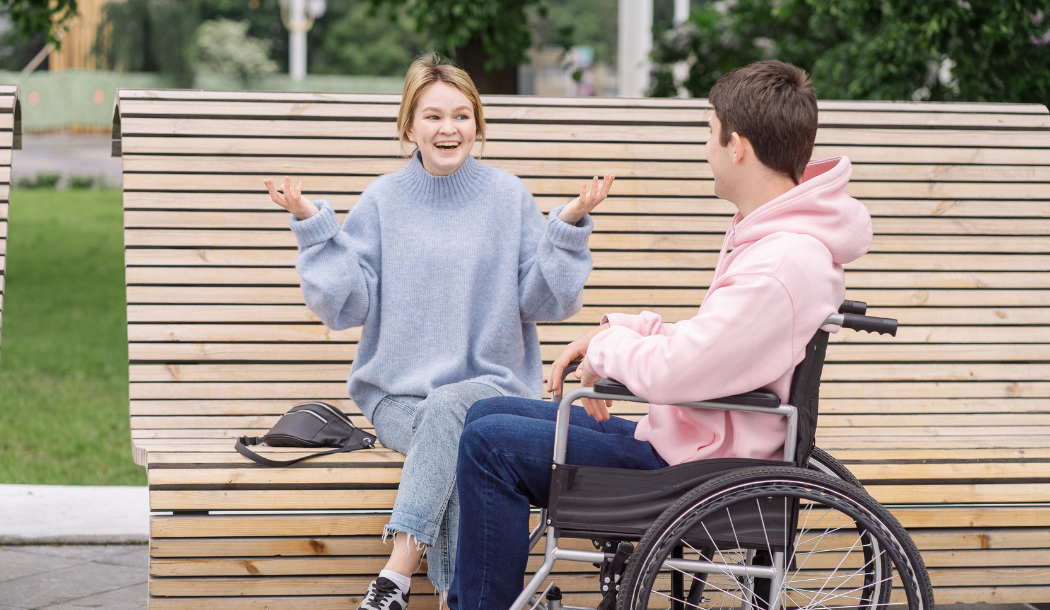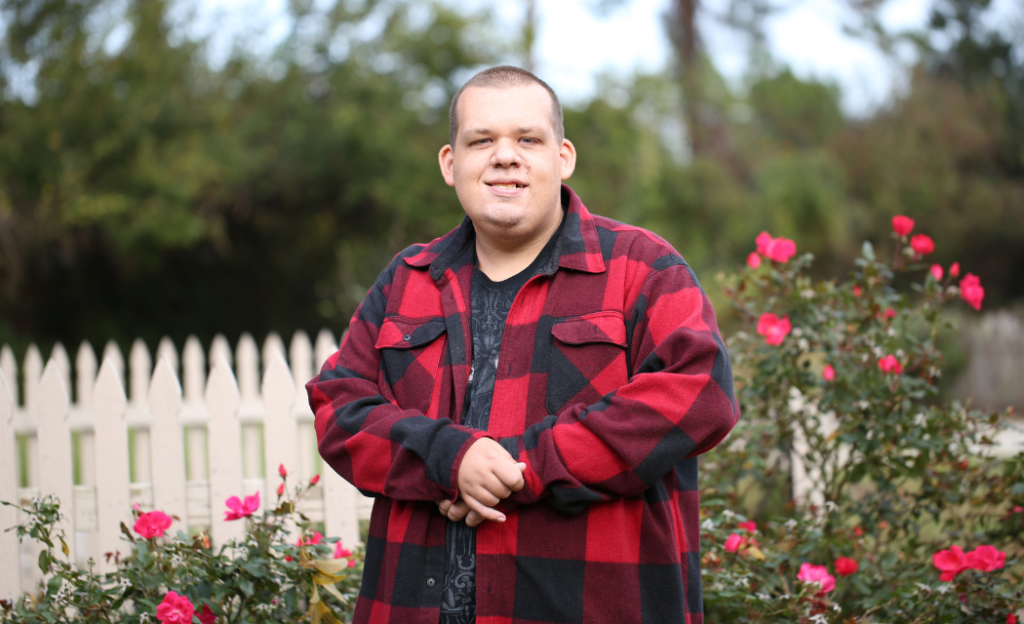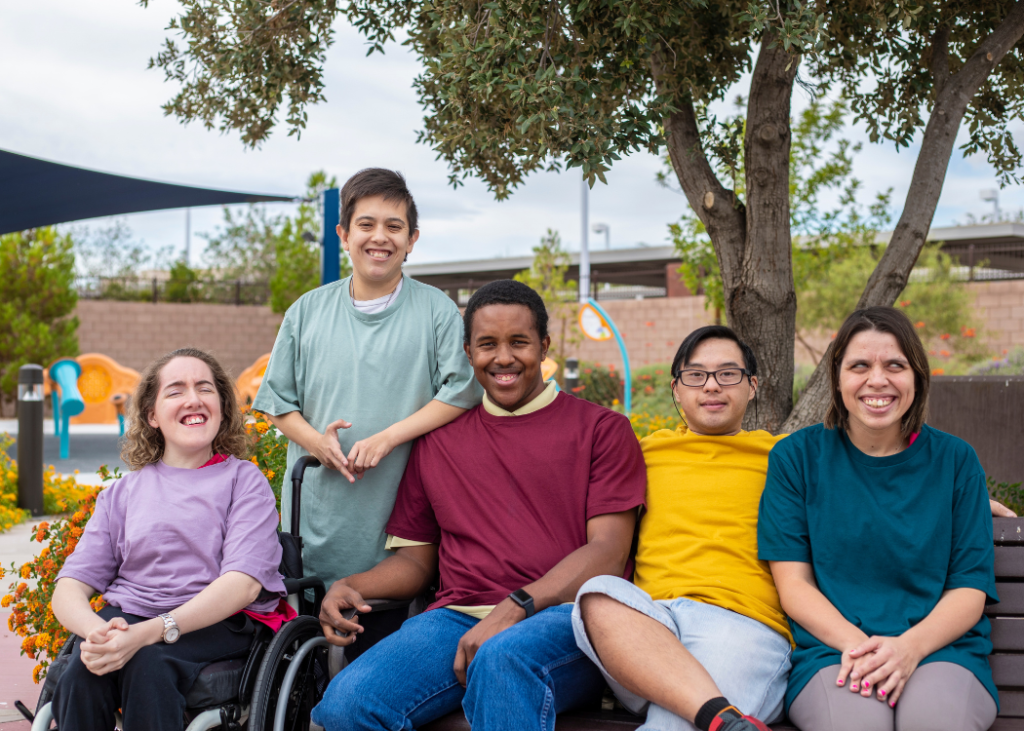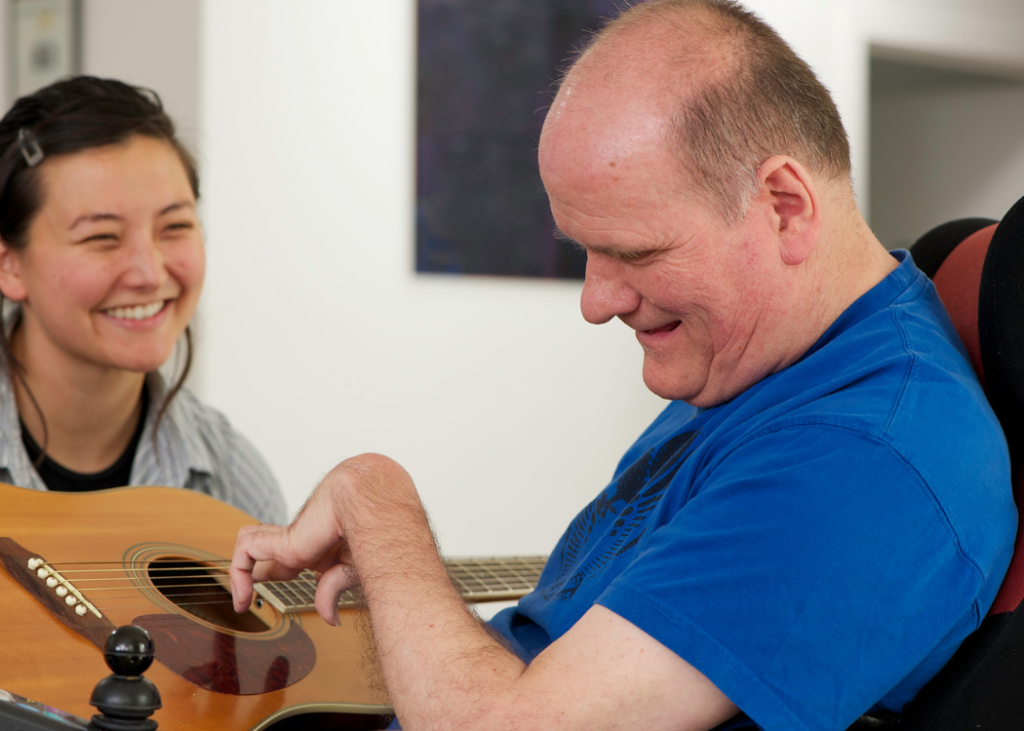



Social devaluation is a term coined by sociologist Erving Goffman, referring to the process by which individuals are regarded as less valuable or significant due to particular traits or characteristics, such as physical or intellectual disabilities, age, race, or gender. One group that often faces social devaluation is people with disabilities.
At Pathways 2 Care, we understand that the effects of social devaluation on people with disabilities are deeply personal and profound, often hindering individuals from realizing their full potential and participating in society. These challenges are not only physical or intellectual but also social, emotional, and mental. As advocates for the rights of individuals with disabilities, we are dedicated to addressing and dismantling these barriers, promoting an inclusive and equitable society for all.
Social devaluation, often referred to as “stigma,” is when an individual’s value is diminished based on specific characteristics. These attributes are often misunderstood or prejudiced by society, leading to marginalization. For individuals with disabilities, social devaluation is a frequent occurrence, making it challenging for them to navigate everyday life, participate fully in communities, and achieve personal and professional success.
Social stigma based on disability is often reinforced by societal attitudes, and unfortunately, people with disabilities are frequently subjected to discrimination and bias. These prejudices contribute to a negative cycle, where individuals are excluded from educational, social, and professional opportunities.

The devaluation of people with disabilities does not only affect individuals—it impacts society as a whole. As we’ve seen, this process leads to multiple costs that go beyond the personal toll of discrimination. The following are some key areas where the costs of social devaluation are felt most acutely:
Social devaluation results in a loss of talent and potential. Individuals with disabilities face multiple barriers that hinder their growth, both socially and professionally, including:
At Pathways 2 Care, we emphasize creating environments where people with disabilities can thrive. By focusing on inclusion and access, we can ensure that individuals are able to reach their full potential, not just despite their disabilities, but because of their unique strengths.
The mental health consequences of social devaluation are far-reaching. Facing exclusion, discrimination, or bias can result in feelings of isolation, low self-esteem, anxiety, and depression. The lack of inclusive environments often compounds these emotional struggles. The mental health challenges of individuals with disabilities are not simply an extension of their physical limitations; they are a direct result of society’s negative attitudes and barriers.
At Pathways 2 Care, we prioritize mental well-being by advocating for compassionate care and understanding, while ensuring that individuals are supported in both their physical and emotional needs.
Social devaluation also affects the educational and employment opportunities available to people with disabilities. Studies have shown that people with disabilities often experience lower levels of educational attainment and face significant employment challenges compared to their peers. These issues contribute to a cycle of disadvantage that is hard to break.
For example, many educational institutions and workplaces do not offer necessary accommodations such as accessible classrooms, support staff, or assistive technologies like closed captioning. As a result, people with disabilities are often left behind, further increasing the economic burden on both individuals and society.
By creating accessible educational pathways and workplace environments, Pathways 2 Care advocates for equal opportunities, ensuring that people with disabilities have the support they need to succeed.

At Pathways 2 Care, we are committed to addressing the systemic and societal barriers that contribute to social devaluation. Together, we can create a more inclusive and supportive society for people with disabilities. Here are some ways we can all take action:
The first step toward inclusion is addressing the attitudinal barriers that often prevent people with disabilities from being accepted into mainstream society. These barriers are rooted in misconceptions, fear, and prejudice. By challenging stereotypes and fostering empathy, we can help shift societal views on disability, promoting respect and acceptance. Education and awareness are key components of this shift.
We must ensure that the physical and virtual environments we create are accessible to everyone. From accessible public transportation and wheelchair ramps to inclusive workplace designs and digital platforms that are compatible with assistive technologies, accessibility is critical. At Pathways 2 Care, we actively work to support initiatives that promote universal design and accessible infrastructure.
Inclusion is not just about physical accessibility; it is about creating environments where people with disabilities feel welcomed, valued, and able to participate fully in society. From schools to workplaces, we must advocate for systems and practices that embrace diversity in all its forms. This includes offering accommodations, such as flexible work arrangements or mental health support, and fostering an attitude of respect and equality.

As we work toward a more inclusive world, it’s important to remember that the cost of exclusion is felt by everyone. People with disabilities have unique talents and perspectives to offer, and when we remove the barriers to their full participation, we all benefit.
At Pathways 2 Care, we are committed to being part of this transformative journey, advocating for and supporting people with disabilities in every aspect of their lives. By working together, we can help dismantle the social devaluation that so often holds them back and create a society where all individuals are valued for who they are and the contributions they can make.
Let’s continue to raise awareness, share resources, and build a more inclusive future for all.


At Pathways 2 Care, we are committed to delivering high-quality, personalized care and support to individuals with disabilities across Sydney.
WhatsApp us